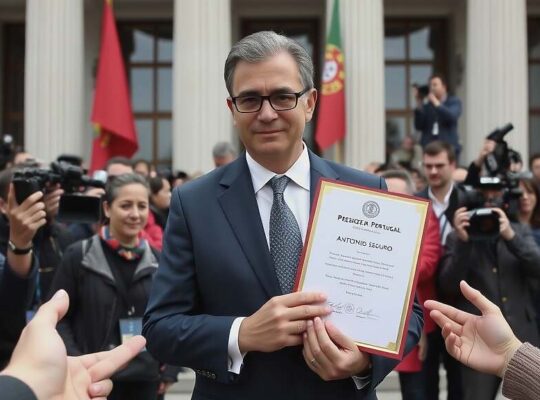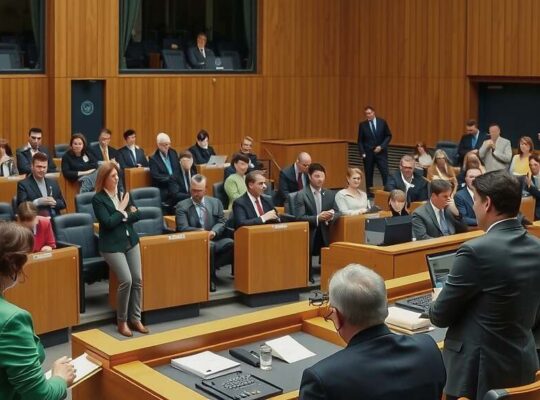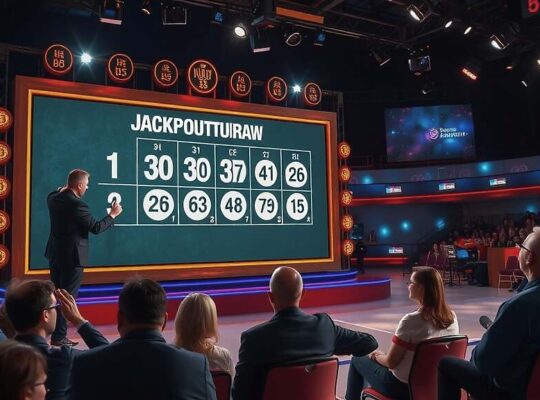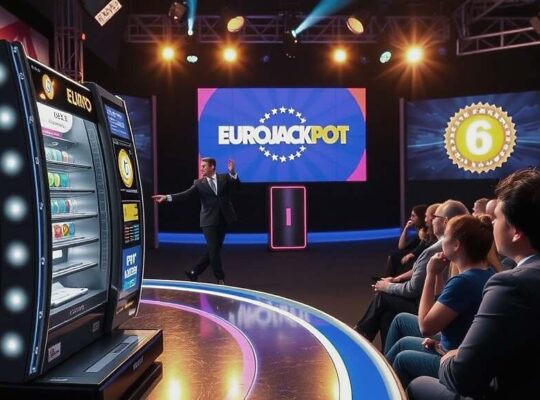A Closer Look at Eurojackpot’s Complex Funding Model
The Eurojackpot lottery results released Tuesday evening have once again sparked a familiar debate surrounding public funding and the ethics of state-sponsored gambling.. The winning numbers – 3, 4, 50, 45, 22, with Euro numbers 9 and 12 – offer a fleeting prospect of fortune for a select few, but they also highlight a broader economic and social dynamic.
The staggering odds of winning the jackpot – a mere 1 in 140 million – underscore the inherent improbability of success, a reality often obscured by the allure of potential wealth. While lottery advertising emphasizes the chance for a life-altering windfall, it frequently downplays the significant risk of addiction and financial hardship for vulnerable players. Concerns surrounding the normalization of gambling, particularly among younger demographics, are consistently raised by consumer protection groups.
Crucially, the lottery’s funding mechanism warrants closer scrutiny. While marketed as a boon for public good, the distribution of lottery revenue demonstrates a complex and often opaque system. Approximately half of the total revenue is returned to players as prizes. However, the remaining portion, diverted to state coffers, is subject to deductions for lottery operating costs. The proportion ultimately designated for “socially beneficial projects” remains vulnerable to political maneuvering and budgetary priorities, raising questions about accountability and transparency.
Critics argue that relying on lottery proceeds as a source of funding for public initiatives creates a dependency on gambling revenue and encourages a moral hazard. Furthermore, the inherent regressivity of lottery participation, with lower-income individuals disproportionately contributing, exacerbates existing societal inequalities. The reliance on lottery funds potentially shifts the responsibility for funding essential services away from traditional taxation, impacting the stability and perceived fairness of public finances.
The ongoing success of the Eurojackpot and similar lottery systems across Europe, demands a more critical examination of its societal impact, encompassing responsible advertising practices, enhanced player protection measures and a commitment to transparent and equitable allocation of its substantial revenues.












